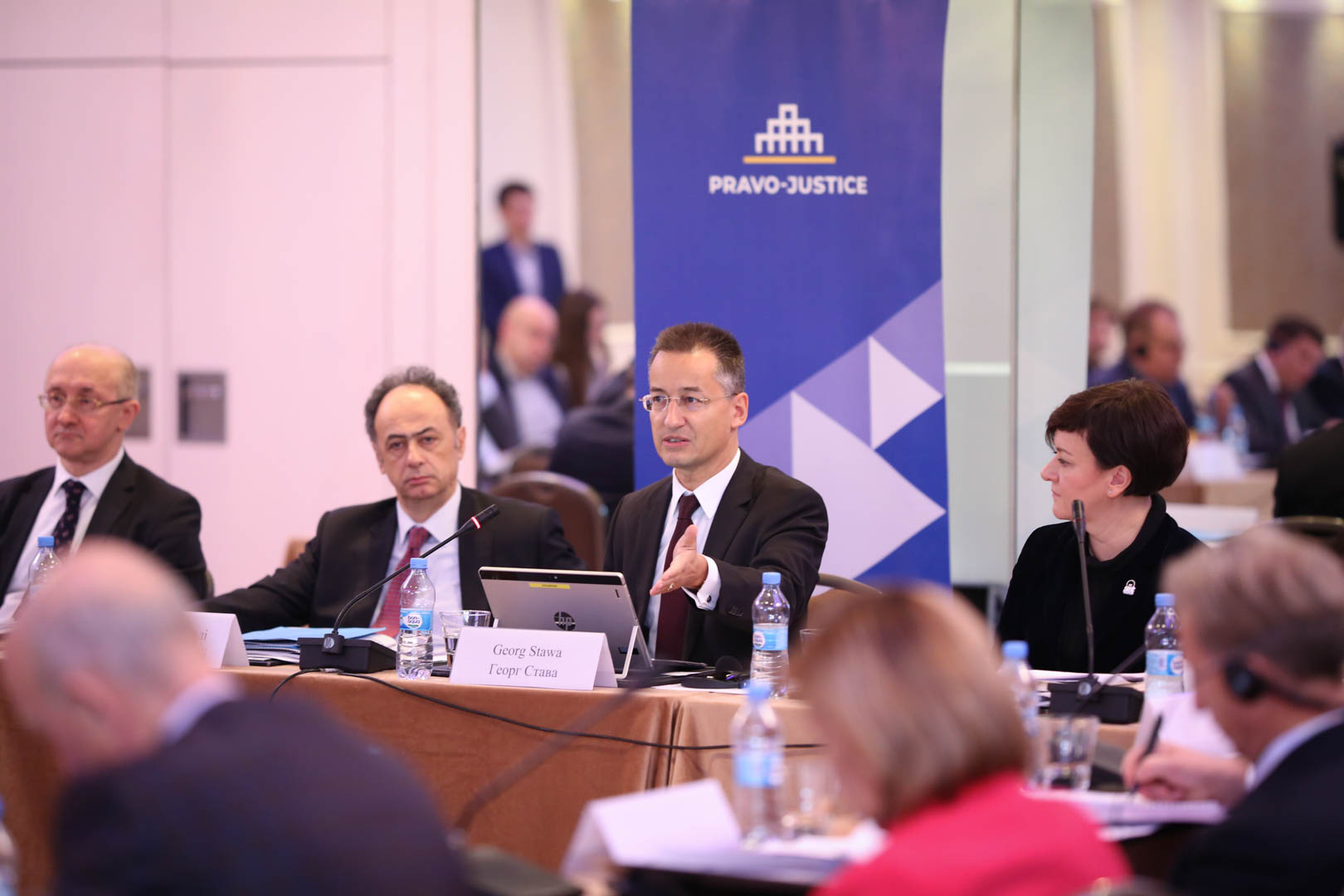“Ukraine is the only country where the civil society is part of the judicial reform”

With the launch of new procedures for the selection of judges to the new courts, check of their legal knowledge, integrity, etc., there are multiple discussions about whether the judicial reform is a success story or a failure. Both representatives of the legal community and the public are involved in the discussion.
International experts play as referees in this situation. Assessment and recommendations were given by the representatives of Lithuania, the Netherlands, and Austria, and finalized in the mission report presented in Kyiv at the end of November.
Thus, international community point at an unprecedented openness of the judges’ evaluation process, however, they note that this can sometimes be detrimental to judges themselves. Among other things, they recommend to print practical tasks (while now they are handwritten) and deem the opinions by the Public Integrity Council as an expert opinion.
LB.ua has asked Georg Stawa, international expert of the EU "PRAVO-Justice" Project, President of the European Commission for the efficiency of justice (CEPEJ), what European experts thought about the judicial reform in Ukraine.
In one of your interviews, you mentioned that, Ukraine’s experience was unique for the Council of Europe Member States, and could become a model or best practice.
Indeed, even though such a position may seem strange from your point of view.
Selection and appraisal of judges takes place not only in Ukraine but also in other countries, including in Europe, with greater or less success. They observe each other looking for positive examples. Ukrainian model of judicial reform may provide some recommendations for the reform. Ukraine is the only country where the judicial system has been completely reset. At the same time, it is worrying that today Ukrainian judges of the same court may receive different salaries. This factor is not favorable for the system operation.
Please tell us about the judicial reform implementation in other European countries.
For example, in Albania judges are examined against the integrity criteria. Actually, what they analyze in detail is the activities of judges, including their way of life, assets, etc. In the meantime, they try to comply with all legislative procedures in order to avoid litigation before the European Court of Human Rights. Therefore, the process is very slow.
In Azerbaijan, the selection of judges started ten years ago. It resulted, in particular, in the implementation of the unified legal knowledge test (very similar to Ukrainian), the psychological test and other.
Source: lb.ua https://bit.ly/2EowRdK